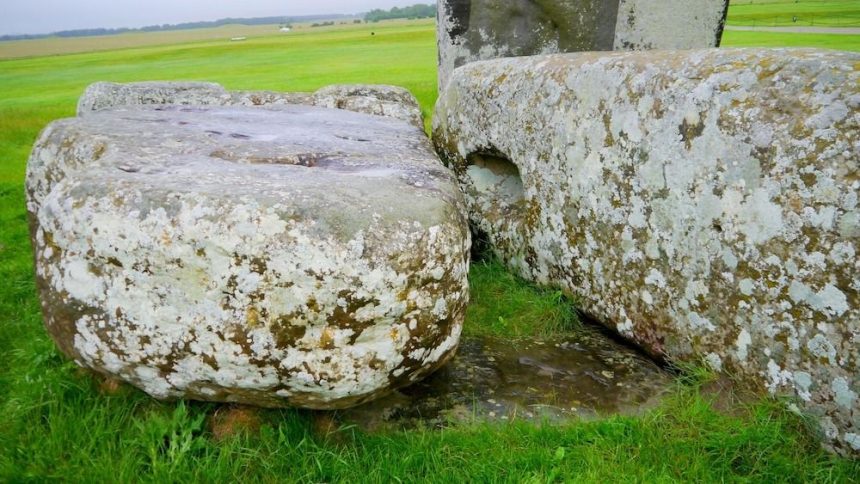Unveiling Stonehenge’s Altar Stone Origins
Insights into the Altar Stone
Recent investigations have revealed intriguing details regarding the Altar Stone of Stonehenge. Researchers have identified that the stone’s chemical composition closely resembles that of stones located in northeastern Scotland.
Geological Significance
This discovery suggests that the massive 13,200-pound Altar Stone, which is a prominent feature at one of Britain’s most iconic landmarks, was transported over 450 miles from its original site in Scotland to its current placement at Stonehenge. Such findings not only enhance our understanding of prehistoric engineering but also provoke thought about the movement and trade networks among ancient peoples.
Contextualizing the Findings
The implications of this revelation extend beyond mere geology; it raises questions about how and why these massive stones were moved across challenging landscapes during a time when such endeavors would have required considerable effort and ingenuity. Current archaeological theories propose various methods, including waterways and land routes, to explain this monumental task.
For further details on this groundbreaking research, you can visit this source.
Understanding these historical connections provides valuable insights into the cultural significance tied to one of history’s most enigmatic structures.





